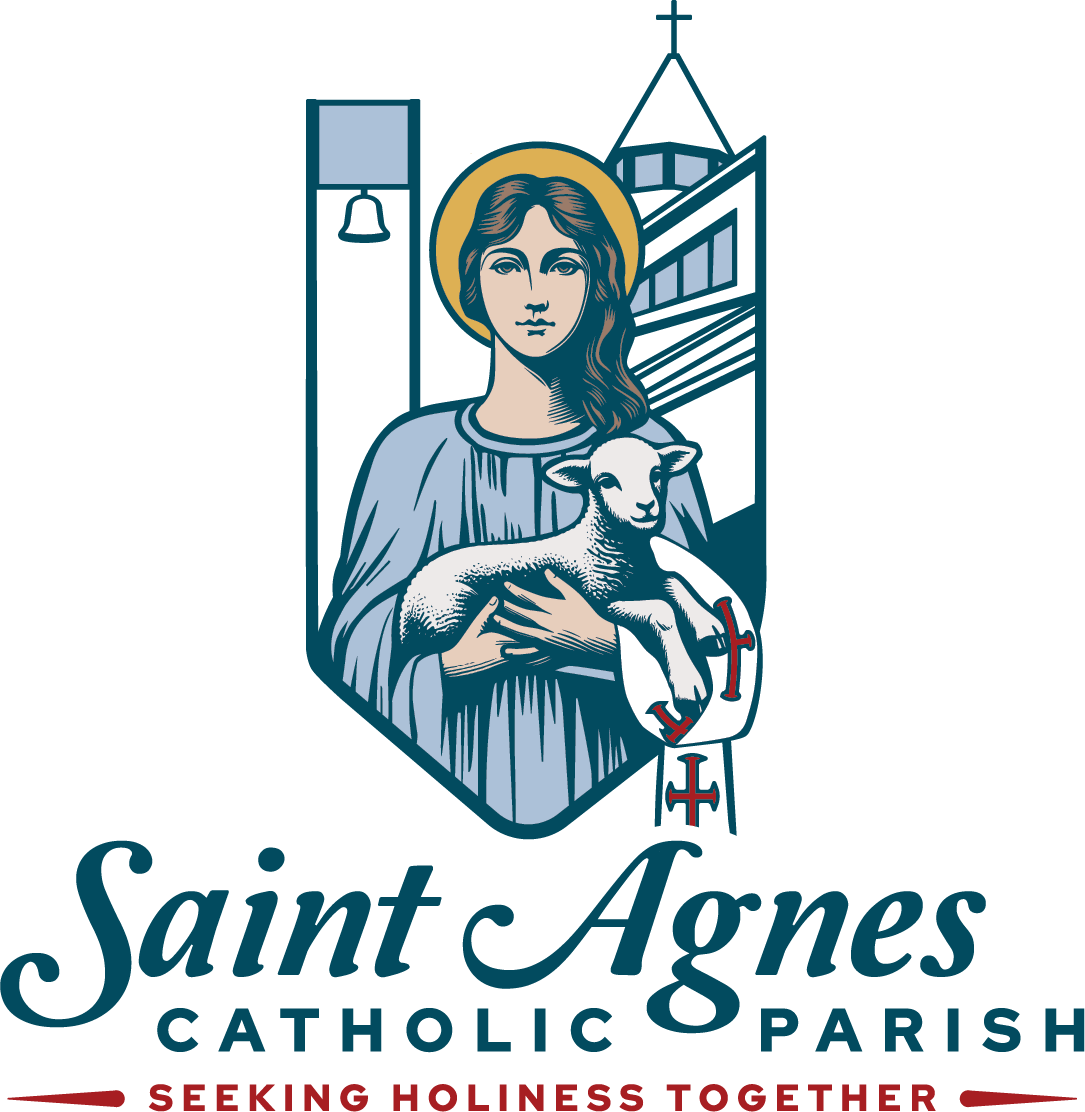Fifteenth Sunday in Ordinary Time
Fifteenth Sunday in Ordinary Time
Ref.: Deut. 30:10-14, Ps.69; Lk 10:25-37. Be a good neighbor. Dcn. Bill K. July 12/13-2025
Driving along the expressway you may see a sign, “Speed limit 70” – pretty straightforward, easy to understand. It’s the law. You’ve been use to these your whole driving career. Your spouse, however, may think it’s your first time, or that you forgot how to read, and have no idea what it means! He or she gives you a gentle and kind reminder. We are taught to obey the law, whether it be laws to maintain order in a civilized society, or Church Canon Law, or Catechism moral law in how we treat other people. Most of these laws are understood with little confusion. It is more a matter of us and our ability and conviction to internalize and take action to carry out the law in our lives.
Moses, in our first reading from the book of Deuteronomy, tells his people, to, “…heed the voice of the Lord, your God, and keep his commandments and statutes that are written in this book of the law.” Throughout their exodus, sojourning through years in the desert, the law became he says, “…something very near to you, already in your mouths and in your hearts. You have only to carry it out."
There’s the rub. It’s easy to understand and value a law’s truth and necessity, but it’s another thing to make the choice to take action and trust in the Lord to help us obey his law. Is that too hard to do?
In our Gospel reading from Luke, we hear the Greatest Commandment and the Parable of the Good Samaritan. This Greatest Commandment is found in Deuteronomy, with Jesus adding a second that is like it: “You shall love your neighbor as yourself”. All three of the synoptic Gospels convey this message. It is an important foundational tenet of our faith to abide with and obey as disciples of Christ.
The Parable is found only in Luke given by Jesus as further clarification to the scholar and listening bystanders. The scholar correctly answers Jesus’ question on what the law says to do to inherit eternal life. In a twist of pride, to further prove his smarts, he asks, “And who is my neighbor?” This leads to a remarkable parable helping us visualize and understand the definitive message of what Jesus says about “…who is my neighbor?”
As we hear in Luke, a priest and a Levite, scholars and men of position, notice and pass by a beaten, half-dead robbery victim on the opposite side of the road. They took the side of the road that distanced them from any perceived trouble or inconvenience. They chose by their pride, prejudice, and fear the opposite side, opposite the law of God.
The Samaritan traveler, a person from a sect of religion contrary to Jewish law and practice, had pity for the victim, and took care of his needs- going above and beyond. Like a State Farm Agent, he was the good neighbor, the one who treated the victim, his neighbor, with mercy.
It’s interesting that the victim remains anonymous throughout the parable. His identity is not important to Jesus’ message. He wasn’t a person of power and influence that commanded help. Being any man among all mankind, he is a type of us. His anonymity points to the fact that as God’s beloved children, we are all fallen neighbors. Jesus uses the Parable of the Good Samaritan as an example of loving those who may not be our friends. He taught his disciples to love your neighbor as yourself, sharing charity and mercy to everyone in need. He calls them and us today to “go and do likewise.”
And how do we do likewise? I’m a firm believer that God puts into our pathways opportunities to be good Samaritans, to live out our faith and do God’s will. We need only open our eyes and hearts to those who cross our paths. Perhaps there’s a reason for that encounter; an opportunity to make a difference for the better in someone’s life.
As witnesses of Christ, we take the same side of the road, to walk with and meet the needs of others. This most readily happens with our spouse and children and other close family members. For others, it may be as simple as linking to an intercessory prayer chain for those grieving, hurting, or making big decisions. It may take your time and effort by doing volunteer work or donating to charitable causes. As a good neighbor, you may be called to lead others to Christ through the OCIA Program.
As Danny Gokey sings, “Keep it real simple- Love God and Love People.” Keep this simple mantra close to your heart- in your thoughts and actions when you encounter others- that it may guide you to walk the same side of the road they’re traveling.
Love of neighbor is not unlike our encounter with Jesus in the Eucharist. We meet him at the altar of sacrifice. From our broken nature we offer humble gifts to our victim Savior, who, out of great love, gives us his mystical body which is lifted up to the Father to give us eternal life. He is the epitome of love of neighbor. Through the varied paths of our lives, may we obey and carry out the law of the Lord in love and mercy for our neighbor. “Do this and you will live” while giving all praise and glory to God.


